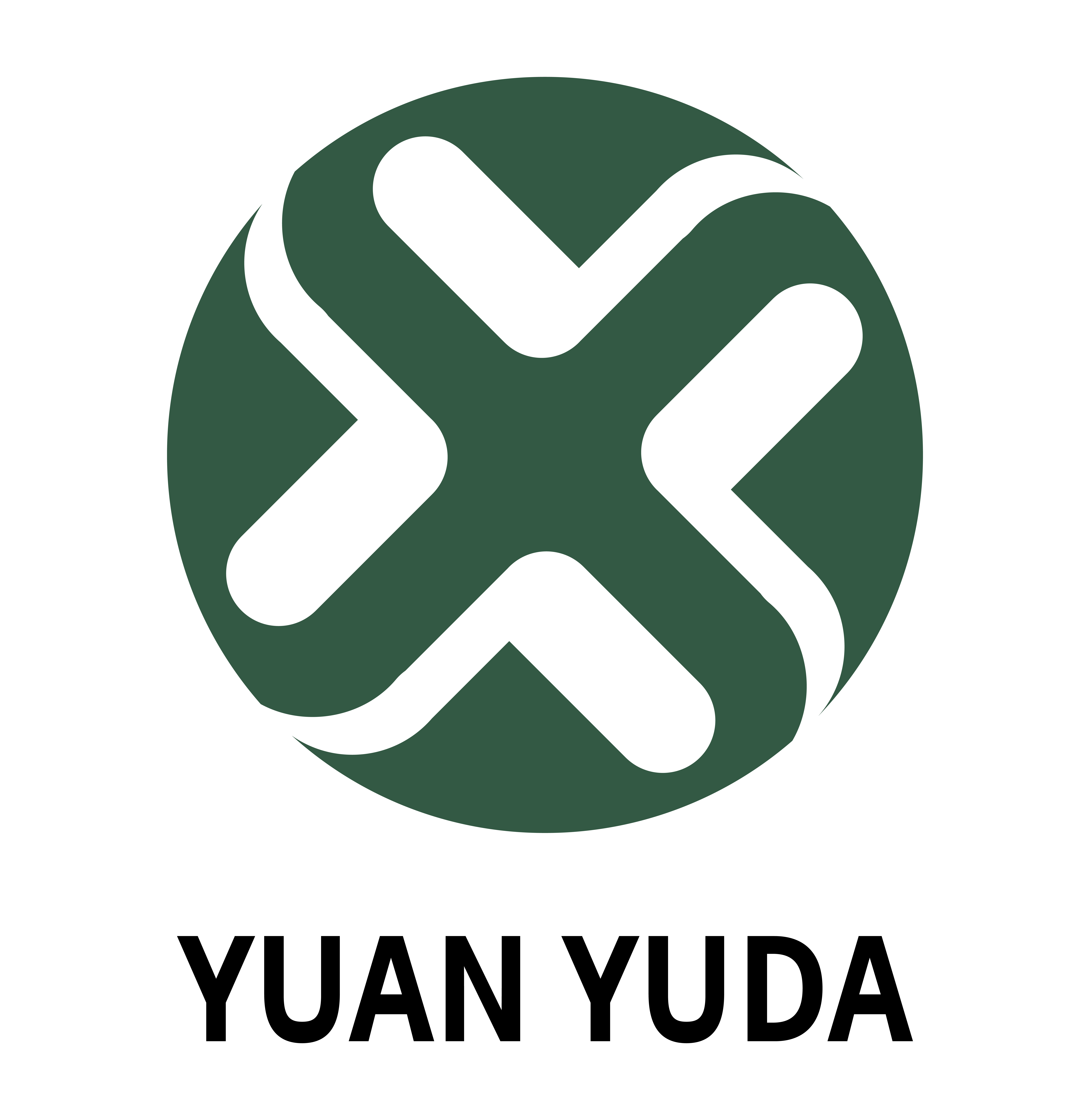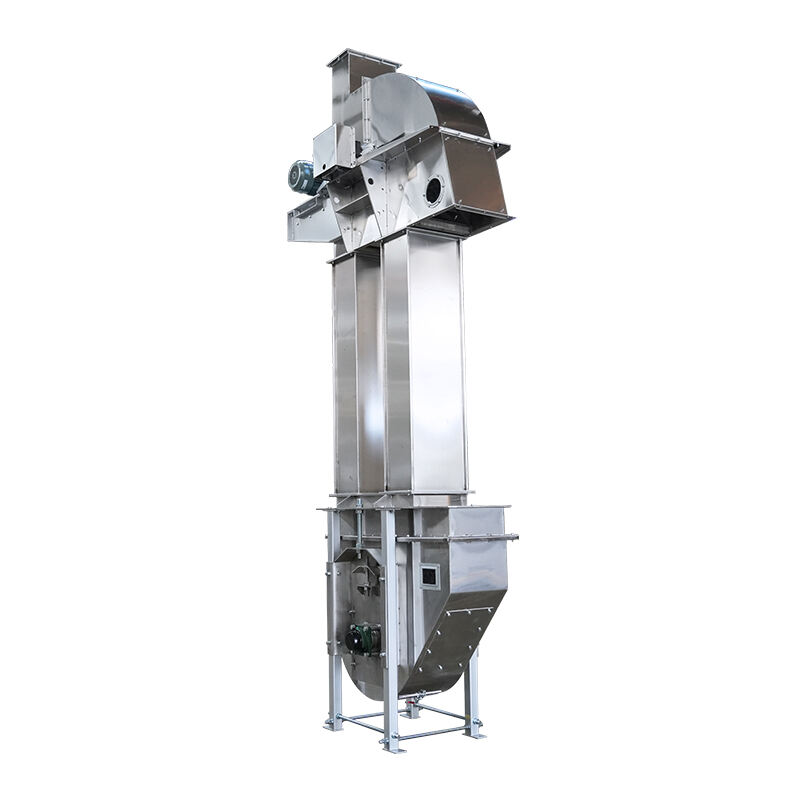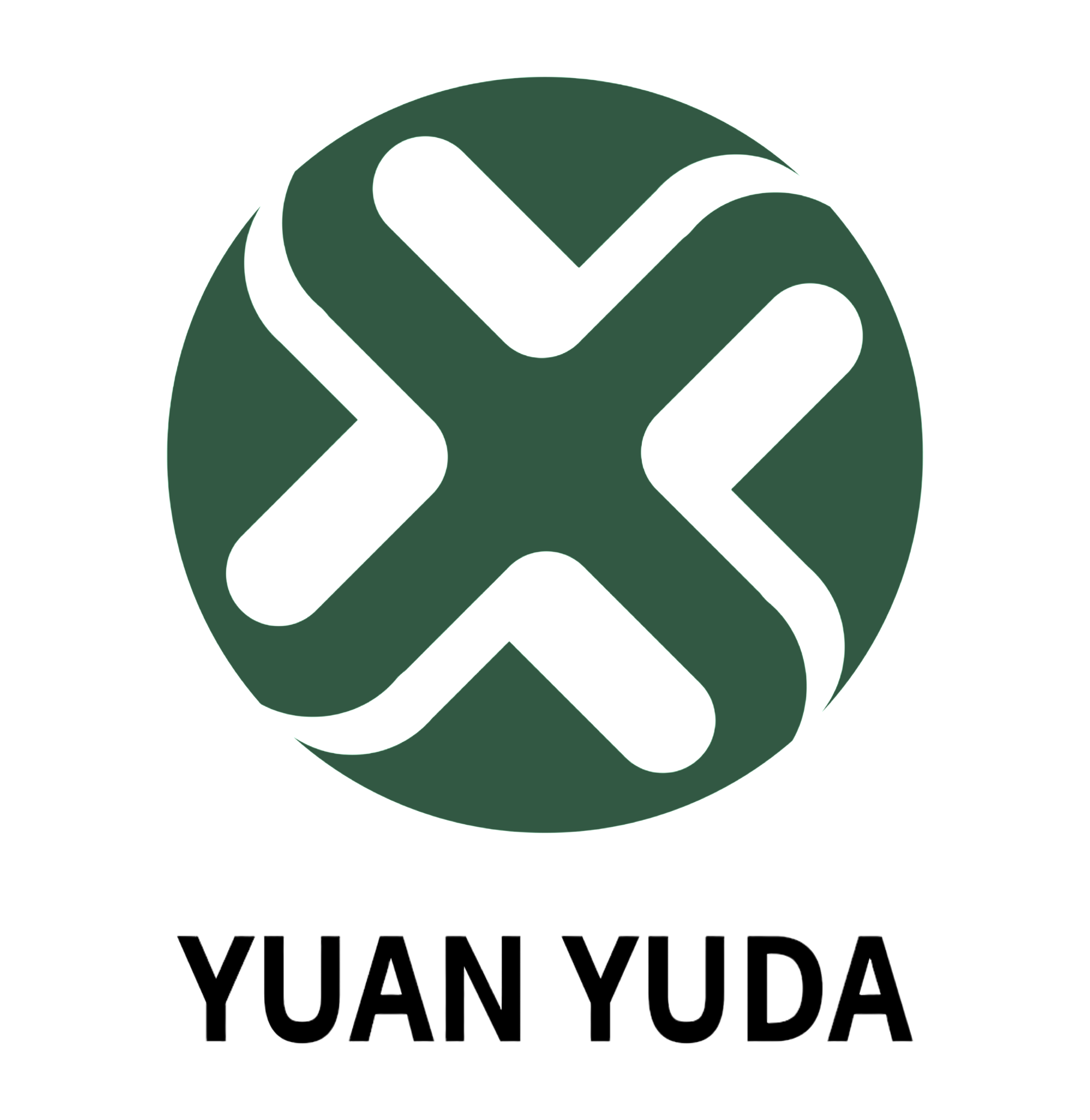The Bucket elevators play a very significant role in industries such as feed production, fertilizer processing and new energy machinery industries where efficient vertical handling of materials is needed. Proper choice of a bucket elevator guarantees trouble-free operations and reduces losses through downtime and maximizes output. This is a guide on selecting the most suitable bucket elevator to use with your material.
Understand Your Material Characteristics
To do this you will have to start by analyzing the characteristics of the material you will be transporting:
Particle Size and Shape – Fine powders, granules or lumps of material will need alternative bucket designs.
Bulk Density – Minerals and other heavy substances require buckets and chains/belts that are stronger.
Moisture and Stickiness – Wet or sticky materials could be subject to special coating or discharge systems.
Abrasiveness – Materials that are very abrasive (e.g., fertilizers) require wear resistant buckets.
Temperature / Corrosiveness - Hot or corrosive materials might require heat resistant or stainless-steel elevators.
Choose the Right Bucket Elevator Type
Bucket elevators are of three principle types, each designed to carry different materials:
Centrifugal Discharge Elevators
Suitable to free-flowing, fine to medium-sized products (e.g. grains, feed pellets).
An extremely fast rotation ejects material out of buckets by centrifugal force.
It is suitable when the lifting capacity is large (10-200 tons/hour).
Continuous Discharge Elevators
Suitable when the material is fragile, viscous, or sticky (e.g. wet feed, organic fertilizers).
Buckets are closely arranged, which enables them to discharge at lower velocities gently.
Positive Discharge Elevators
Applicable on sticky or cohesive materials, which are not released easily.
Buckets swivel so that they empty completely.
Select the Appropriate Bucket Design and Material
Plastic Buckets- Light, non-corrosive, and suitable to use in food grade.
Steel Buckets -Tough against abrasive or dense substances (e.g., fertilizers, minerals).
Stainless Steel Buckets -Required in corrosive, or high-hygiene areas.
Consider Capacity and Speed Requirements
Make sure that the capacity of the elevator (tons/hour) is matched with your production requirements.
Free-flowing materials can be handled at higher speeds whereas fragile products cannot be degraded by low speeds.
Evaluate Drive and Belt/Chain Options
Chain-Driven Elevators – The heavy-duty chain drive is more powerful.
Belt-Driven Elevators- More efficient with light weight materials and are quieter.
Ensure Proper Maintenance and Safety Features
Seek easy access inspection panels and wear resistant parts.
Safety functions such as belt misalignment sensors and explosion proof motors (in combustible dust).
Conclusion
The selection of an appropriate bucket elevator is based on material characteristics, capacity requirements and service conditions. Shanghai Yuanyuda International Trade Co., Ltd. is a company which focuses on custom feed, fertilizer and new energy machinery products, we could provide high performance bucket elevators according to your demands.
Expert advice needed? Get in touch with us to have a turnkey solution that suites your production line!

 EN
EN















